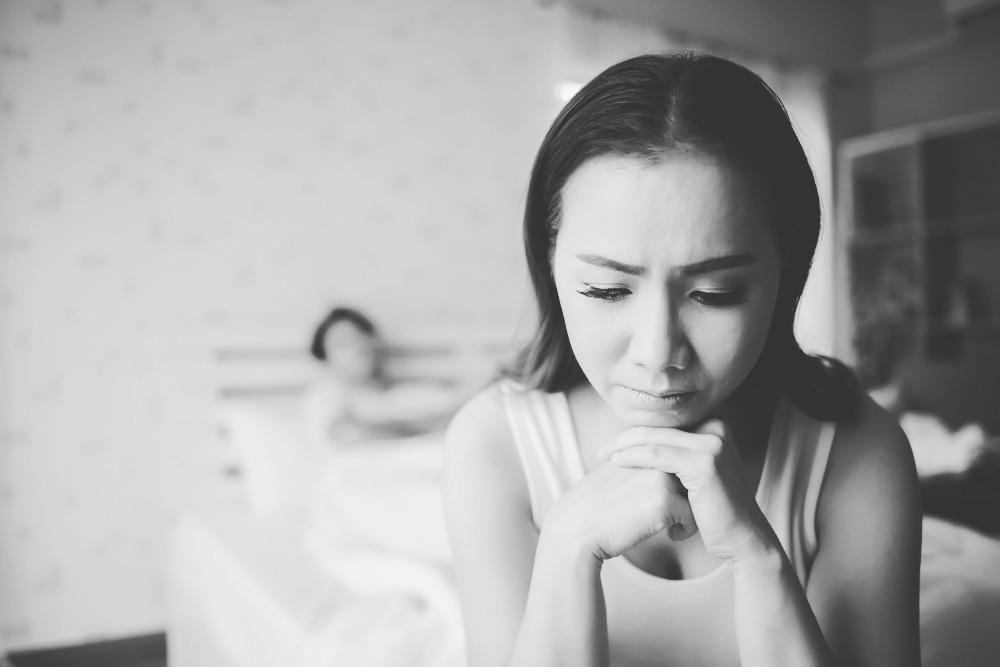Cannabis has long been used in traditional medicine as a sexual stimulant. The National Commission on Marijuana and Drugs found that 44% of marijuana users felt marijuana significantly increased their sexual drive. More than two-thirds of the marijuana users, men and women, said it increased sexual desire. Many of them smoked only about one joint per week.
Many people have recently begun to wonder whether marijuana “genuinely” causes heightened passion and sexual arousal. On the surface, it appears that cannabis provides a remarkable ability to help individuals appreciate pleasure and engage in physical intimacy.
Many seem to enjoy increased frequency and interest in sex. However, many users report that cannabis causes them sexual dysfunction. As with any substance, there is the possibility of developing marijuana dependency, drug addiction or substance use disorder (SUD).
Sexual Side Effects of Marijuana Use
Some people are drawn to the idea of having an "intense" sexual experience. Before, during, and after sex, THC, the active ingredient in marijuana, can help you relax, reduce stress and calm your nerves. However, cannabis can make a person sleepy, dulls the senses and makes one feel disconnected.
People high on marijuana feel "blunted" in their best moments. However, a person under the influence may lose opportunities at intimacy if they cannot focus during sex. Jumbled thoughts while engaging in sexual activity with another person can decrease enhanced arousal quickly.
Men and Marijuana
Marijuana can impair one's ability to function and maintain desire in the bedroom. Some of these concerns are specific to men. According to a La Trobe University study, marijuana abuse can cause or worsen sexual dysfunction.
Men who use marijuana may experience low testosterone, low libido, sperm count, inhibited orgasm, erectile dysfunction (ED) and premature ejaculation (PE). Although cannabis use may increase a man's sexual desire, this arousal is not always sustained.
Many factors can contribute to PE, but regular marijuana users may be more vulnerable. Marijuana use has been linked to ED, in some studies, because of the way THC inhibits bodily functions, including penile muscles. Chronic marijuana use increases the risk of a person having this condition.
According to recent research, daily marijuana users have a more challenging time getting an orgasm than non-users. The majority of scientists believe that regular marijuana use reduces the intensity of a sexual high.
Women and Weed
Women who use marijuana regularly report improved touch and a more vigorous physical bond with their partners. It has been demonstrated that it improves smell, sight, taste and hearing.
According to self-reports from women, smoking marijuana before intercourse improved overall sexual satisfaction, desire orgasm and vaginal pain relief.
Research shows that women who regularly use cannabis have better organisms than those who have never or rarely used it. They are twice as likely to use marijuana before a sexual encounter.
The American College of Obstetrics and Gynecology recommends avoiding using marijuana while pregnant. More research is being conducted to determine how cannabis affects mothers and babies.
Marijuana use during pregnancy has been linked to congenital disabilities, low birth weight and abnormal brain development. It may also result in children born with attention, memory, problem-solving, and behavioral issues. Even if a mother stops using marijuana, her child may be exposed to THC stored in the mother’s body fat.
What is Cannabis Use Disorder?
Receiving a diagnosis of cannabis use disorder (CUD) or marijuana use disorder means you continue to use marijuana despite adverse effects. Many people believe marijuana addiction is impossible. But it is a real possibility, which is why it is classified as a Schedule I drug.
When a person stops smoking marijuana, withdrawal symptoms occur, indicating the severity of their drug abuse. One-third of frequent marijuana users reported withdrawal symptoms, and 50% to 95% of heavy users did as well. Irritation, restlessness, insomnia, and hot flashes are all withdrawal symptoms.
Within a month, approximately 10% of first-time marijuana users become addicted. Among current users, 30% meet the criteria for marijuana addiction.
CUD Treatment
Even though cannabis use disorder is more common and severe than many realize, most individuals do not seek addiction treatment. Cognitive-behavioral therapy (CBT), motivation enhancement therapy (MET), and contingency management (CM) are common treatments.
Cannabis use and CUD are hampered by substance abuse and mental illness issues and need dual diagnosis treatment in many cases. Legalizing cannabis for nonmedical purposes may increase the prevalence of cannabis use disorder in high-income countries.
Talk with your doctor if you feel your marijuana use impairs your life in any way, including between the sheets. A drug addiction expert or mental health professional can also help. Contact Wish Recovery for a private consultation. You can learn all your drug recovery options less focused on drugs but more on attaining a healthier and happier life.


